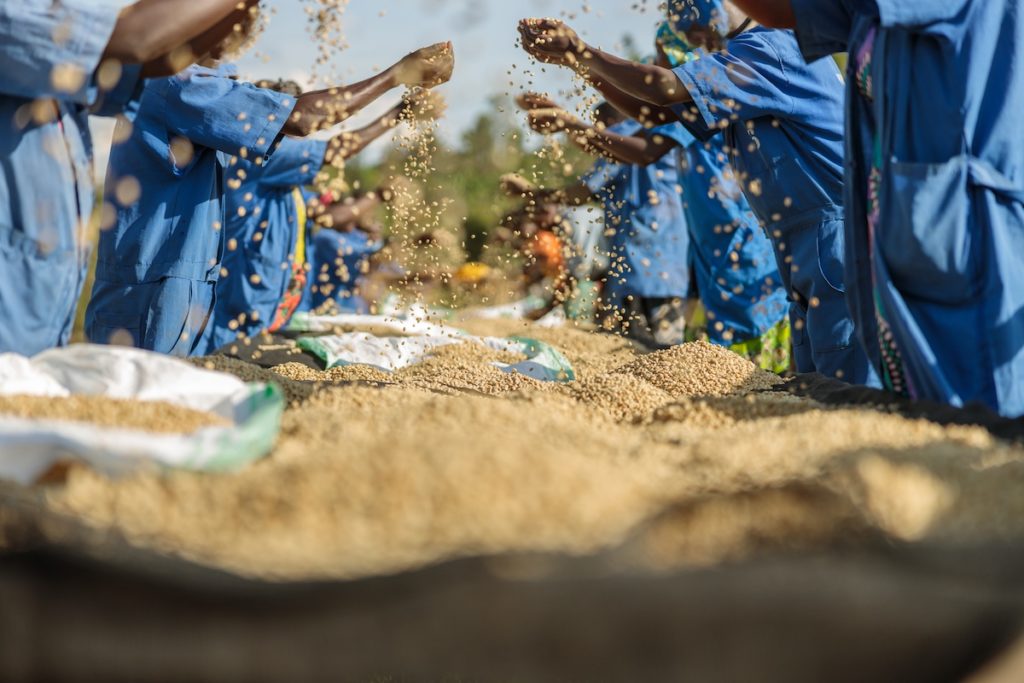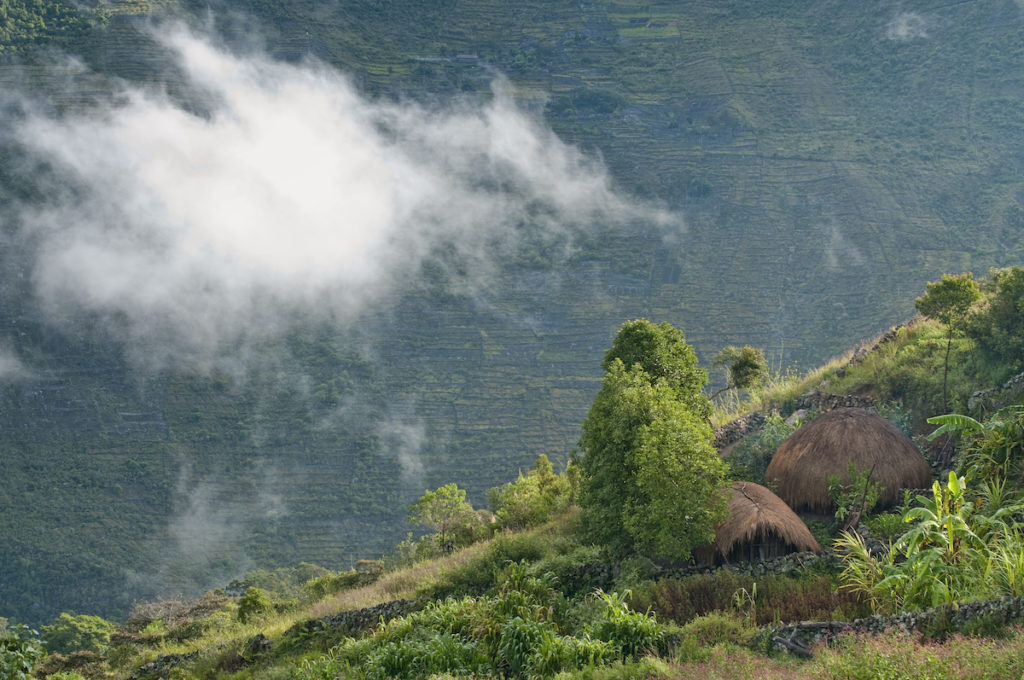Did you know that Africa is home to some of the finest coffee beans the world has to offer? Maybe it’s the optimal climate and humidity, which is a result of most farms being over 4,000 feet above sea level. Or maybe it’s the microclimates that give each country its own distinct flavor profile.
Much like the continent itself, African coffee is extremely diverse. Some countries, like Kenya and Rwanda, are made up entirely of small, independent farmers who participate in cooperatives that ensure the best prices for quality beans. Other countries, like Ethiopia, have unique flavors coming from wild heirloom strains, that cannot be replicated anywhere else.
It’s no wonder that African coffee is celebrated. Burman Coffee Traders is committed to bringing the best coffee to your mug. One of the ways we do that is by learning as much as we can and sharing that with all of you. Here are 20 facts you probably didn’t know about African coffee.
Ethiopia, the Birthplace of Coffee
1). Legend has it that an Ethiopian goat herder named Kaldi witnessed his herd eating the fruit of a particular bush. The fruit energized his goats, so Kaldi investigated this by also eating the fruit. That fruit was a coffee cherry. Kaldi shared his knowledge, which spread throughout the globe and evolved to the current culture around coffee we see today.
2). Today, Ethiopian coffee is known for its fruity and floral flavors that cannot be replicated anywhere else.
3). Because this flavor is so unique, Ethiopia is regarded as the center of the specialty coffee scene.
4). Ethiopia is the 5th largest producer of coffee in the world, with over 482 thousand tons produced in 2022.
5). Ethiopia has multiple coffee regions, each with its own climate and flavor, that only add to the country’s diversity:
- Oromia (formerly Harrar) – One of three regions trademarked by the Ethiopian government, is known for an intense flavor and fruity acidity.
- Limu – Located in Ethiopia’s southwest, coffee from Limu has a well-balanced body and distinct spicy flavor.
- Djimmah – A large producer of commercial grade coffee; some coffee from Djammah also works well as espresso.
- Sidamo – One of the three trademarked regions, coffee from Sidamo is known for a rich, full body and floral, citrusy notes.
- Yirgacheffe is located in the Sidamo region. Yirgacheffe coffee is bright, medium-bodied with an intense and complex flavor.
Kenya, a Thriving Coffee Industry
6). Kenyan coffee is known for satisfying aromas, a great balance of acidity and body, and notes of blackcurrant similar to that of wine.
7). The Kenyan government is protective of the coffee industry: it is illegal to uproot or destroy coffee trees.
8). Kenya grades its coffee by the size of the bean. Here is the scale that they use:
- E — the largest bean size, but common for it to contain higher defects.
- AA — the most common specialty grade and attracts higher prices for the farmers
- AB — the most common coffee grade produced
- PB — stands for peaberry, which is a rare type of bean that attracts a higher price. Only 5-10% coffee beans are peaberry
9). Many coffee farmers are small operations that process their coffee at co-operative washing stations. Burman Coffee Traders has close relationships with many of these small farmers.
10). Because of its climate and short distance from the equator, Kenya coffee farmers have two harvest seasons every year.
Rwanda, Top-Notch Specialty Coffee
11). Rwanda has a rich albeit sad history that affects their coffee industry to this day. They have spent the past 20 years regrowing their coffee farms and establishing themselves on the global coffee scene.
12). About 80% of Rwandan coffee is specialty grade, with fully washed Arabica beans being some of the best coffee Africa has to offer.
13). Rwandan coffee is known for a sweet and full-bodied flavor profile, with hints of berries, apples, and a floral aroma.
Tanzania, A Growing Coffee Market
14). Coffee is still a growing industry in Tanzania, accounting for approximately 20% of the country’s export value.
15). That said, 85% of Tanzanian coffee is sourced from cooperatives of smaller farmers.
16). Tanzania is known for its peaberry. Peaberry is a coffee cherry with only 1 seed instead of the normal 2. The seeds are smaller and rounder than normal coffee beans, and occur in 5-10% of coffee cherries.
17). Tanzanian specialty coffee is known for being bright, clean, and medium bodied.
Zambia, Great for Espresso
18). Zambian coffee beans are particularly good for coffee blends and dark roasts.
19). Because of its lower acidity, Zambian coffee makes great espresso.
20). Zambian coffee is often described as being similar to Kenyan coffee, thought it has a lighter flavor profile than most Kenyan coffee.
From small, independent farmers to diverse flavor profiles and unique offerings, there are many reasons to celebrate African coffee. At Burman Coffee Traders, we’re committed to partnering with independent farmers to bring you the best coffee beans from all over the world. Find the perfect cup of coffee with our current selection of green coffee beans from Africa.


